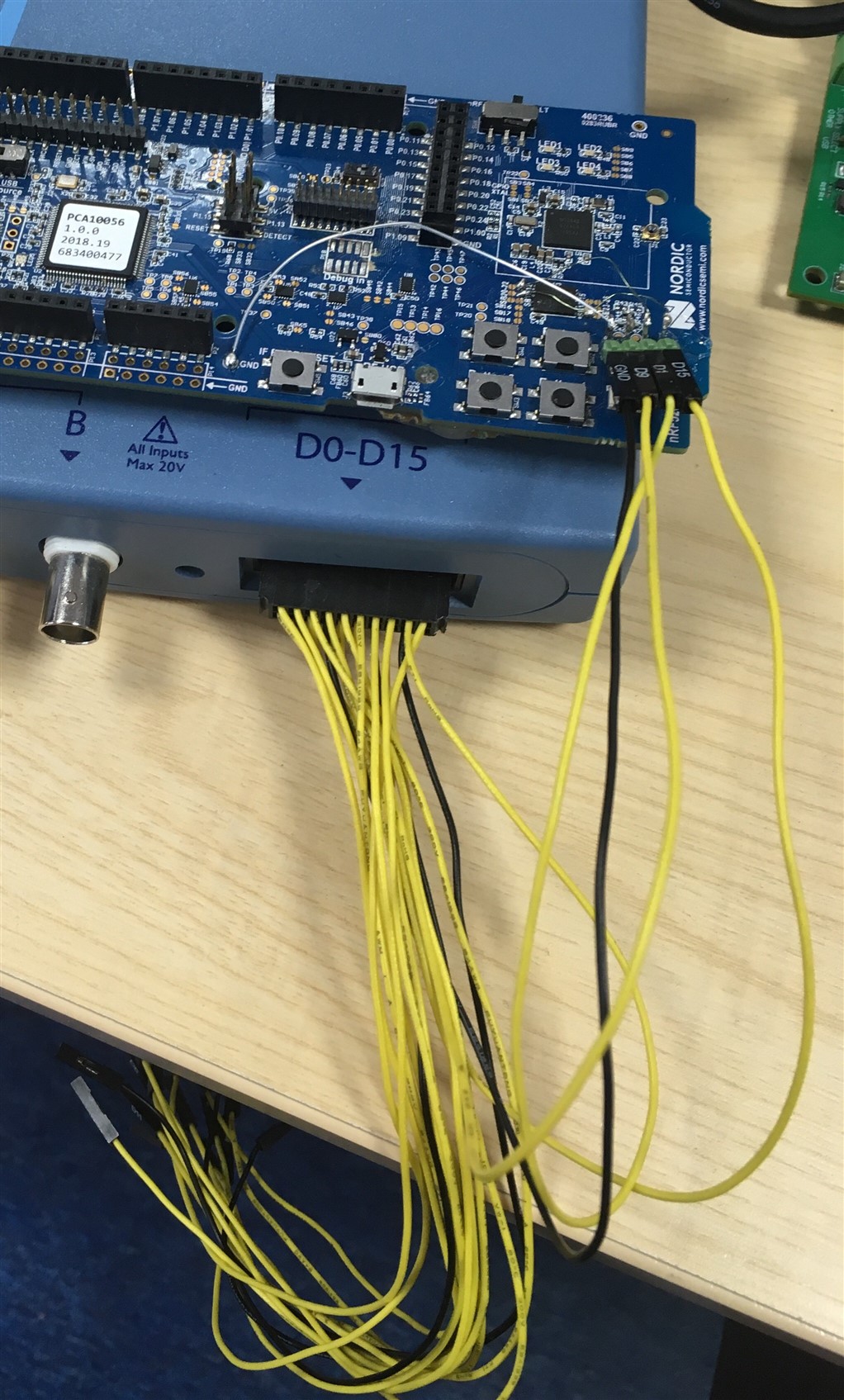Using the nrfx_qspi driver, it is possible to put a QSPI memory into DPM to save power, this all works fine and well. We want to keep the memory in DPM when uninitiating the QSPI hardware on the nRF52840 which seems to work OK until we attempt to re-open the QSPI driver later and it causes a module reset because the nrfx_qspi_init function returns a timeout. Even toggling the CS line from high to low and back to high before opening doesn't seem to resolve the issue. The memory being used is a Macronix MX25R6435F (same as used on the nRF52840 development board). Is there a way to prevent this from failing?




